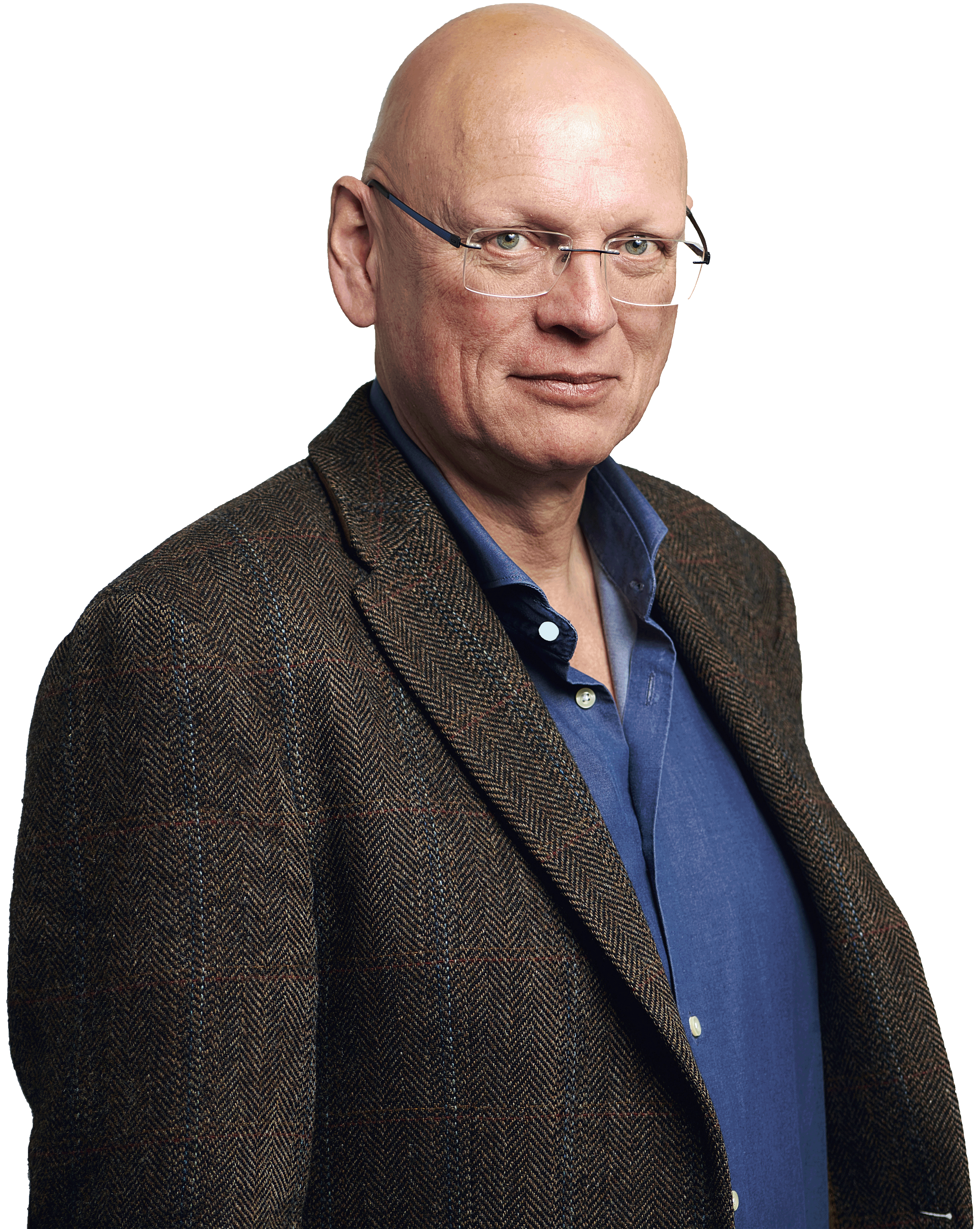The planet and society are at a crossroads
The research community has to become more agile and has to invest substantially more in finding options and solutions for sustainable development jointly with society and policymakers.
The year 2020 was an exceptional year both from a global perspective and for the Centre for Development and Environment. The Covid-19 pandemic made it clear that our planet and our society are at a crossroads. The Covid crisis – but also other sustainability problems, such as increasing societal disparities, climate change, and biodiversity loss – show that targeted actions are urgent and cannot wait any longer.
For us as researchers this means three things:
- First, we must become faster and more agile in knowledge production by making use of the vast existing knowledge base.
- Second, we must break out of our disciplinary siloes to meet the complexity of today’s global development challenges.
- And, most importantly, we can no longer only describe and analyse development issues. We must invest substantially more in elaborating options and solutions in cooperation with society and policy.
2020 was decisive for CDE
Last year was also a decisive year for CDE: After 10 years as CDE Director, Peter Messerli assumed the leadership at the Wyss Academy and left CDE. We are grateful for the great time we had together and for developing CDE into one of the leading sustainability research centres.
Fortunately, our joint journey is not yet over, as the Wyss Academy and CDE will be closely cooperating. Together with our long-standing partners in Africa, Latin America, and Asia, CDE was strongly involved in supporting the establishment of the newly founded Wyss Academy for Nature. We are convinced that through cooperation with the Wyss Academy our regional offices and local partners will have even more pronounced development impact.
Against the background of pressing development challenges, CDE also revisited its strategy. With our new strategy and a new, more agile organizational structure, CDE will reinforce and concretize its commitment to transformative science.
Global justice is key for any progress towards sustainable development
I would like to illustrate our future way of working using the recently acquired programme Agripath.It is estimated that agricultural output will have to increase by 70 per cent to feed the world’s growing population. It is common sense that this goal can be best met by the world’s over 500 million small-scale farmers. However, intensified small-scale agriculture is also a serious risk for land degradation and for growing inequalities within developing countries.
Over the last decades, CDE and its worldwide partner network collected numerous sustainable agriculture practices all over the world that work.
- The big question now is: How can these practices be made available to all interested land users?
- How can their implementation be financed?
- And, not least of all, who is going to benefit and to what extent?
To this end, the Agripath project brings together researchers from the social and natural sciences. Moreover, it entered a cooperation with a digital start-up company and with a large foundation. We are convinced that through this partnership set-up, by making use of the existing knowledge base, and by combining social and technological innovations, we can help solve the pressing food security and land degradation problems.
The project is well-positioned to improve the livelihoods of those in need in support of global justice, which is in turn key for any progress towards sustainable development.
